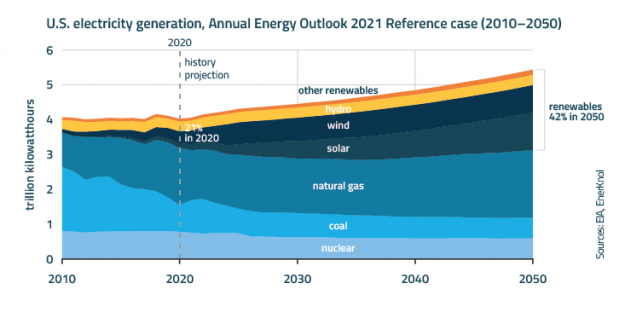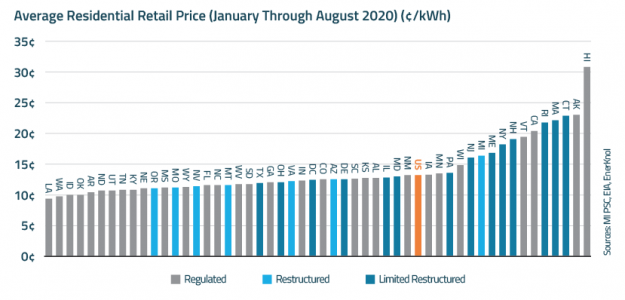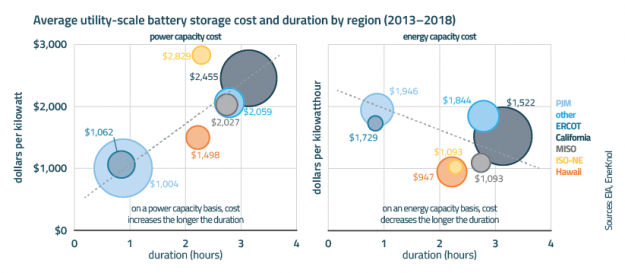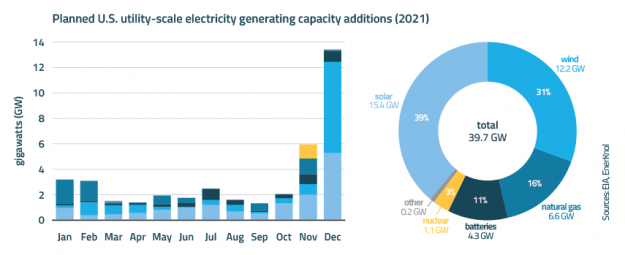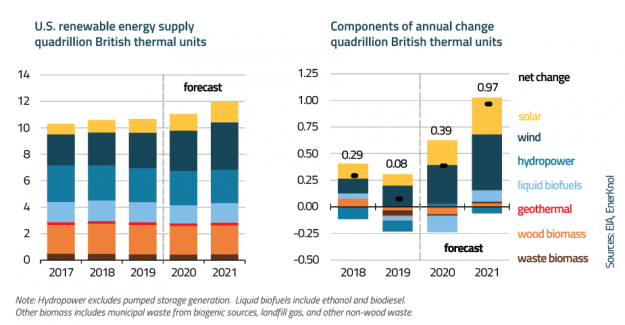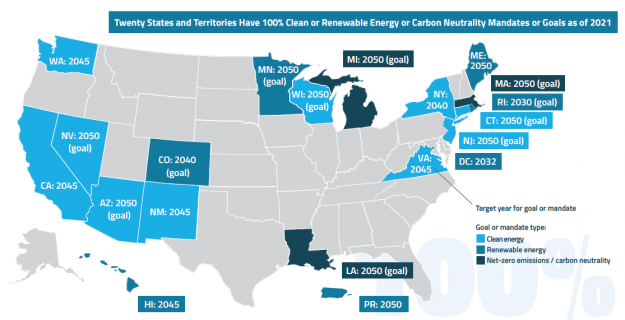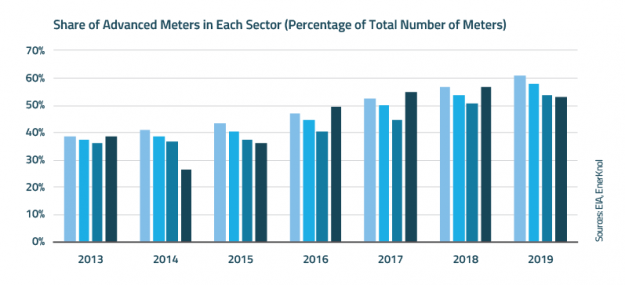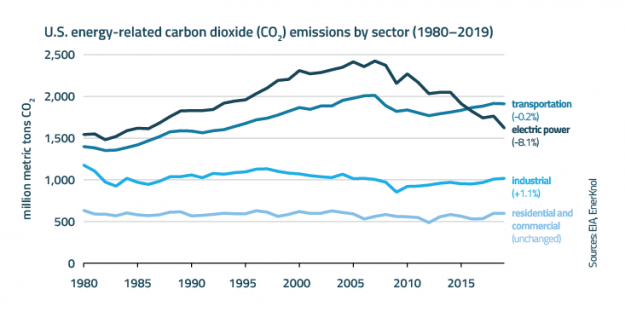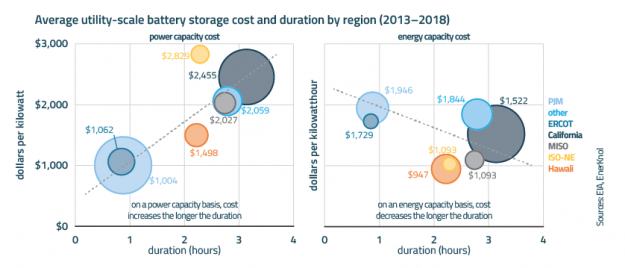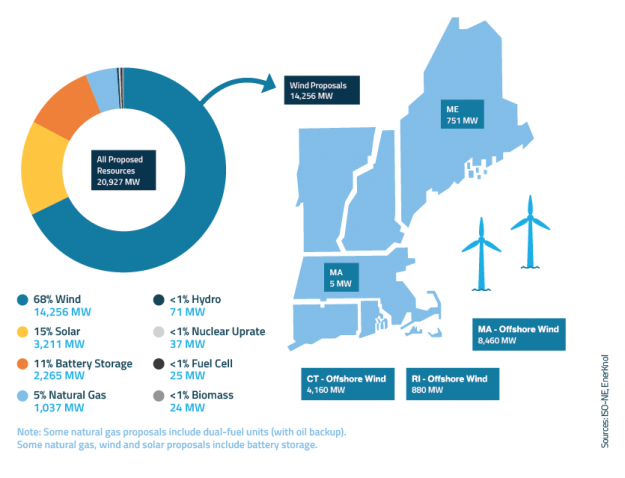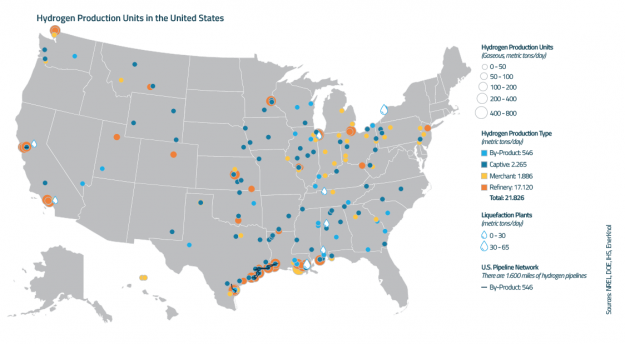Policy Primer: Net Metering Reforms
Net metering policies continue to evolve as state regulators seek to make rate structures more equitable to address cross-subsidy issues arising from the growing penetration of distributed solar generation. Net energy metering (NEM), which credits customer generators for grid-exported power, has been a key component of the policy framework to spur investment in customer-sited renewable energy facilities, including solar and energy storage systems. Successors to original tariffs are considering a range of factors including avoided utility costs, value to the grid, cost-shifting, and energy demand.
